Energy is integral to the economy. Industry relies on power to produce goods and services and move them from place to place. People depend on affordable and readily available energy in order to live and work.
Effective energy policy is a key tool in the battle against climate change as economies are compelled to move away from fossil fuel-based energy to a low- and zero-carbon system. However, while the world is still largely fossil fuel dependent, energy will remain a critical geopolitical issue as the centers of fossil fuel production and consumption fluctuate over time.
You need to understand the range of impacts of energy policy under different scenarios on greenhouse gas emissions, jobs, energy prices and the wider economy. We can advise on the effectiveness of different levels of ambition in the transition to low- and zero-carbon, as well as the impact of the transition on economies which are reliant on fossil fuel production.
Some challenging questions we can help you answer:
- What is the impact of an accelerated clean energy transition on economic activity and jobs in your state or region?
- What policies might be required to realise a zero-carbon electricity generation system by 2050?
- What are the impacts on wholesale energy prices of the transition?
Energy blog posts
From target to roadmap: Lessons for the US from Europe on pushing forward decarbonization
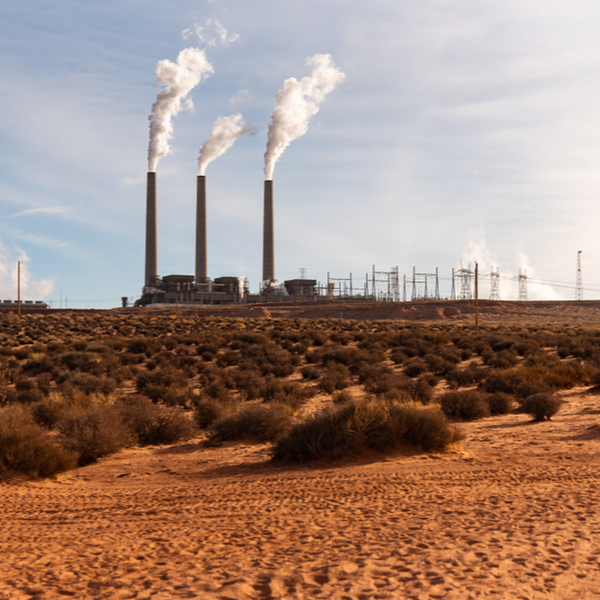
From target to roadmap: Lessons for the US from Europe on pushing forward decarbonization
In the latest article in partnership with ECONorthwest and Hodge Economic Consulting, Head of Environment Jon Stenning addresses the current lack of a detailed roadmap for the US to achieve net zero emissions by 2050.
Policymakers are faced with various challenges, including e…
Net-zero China: millions of workers will be affected
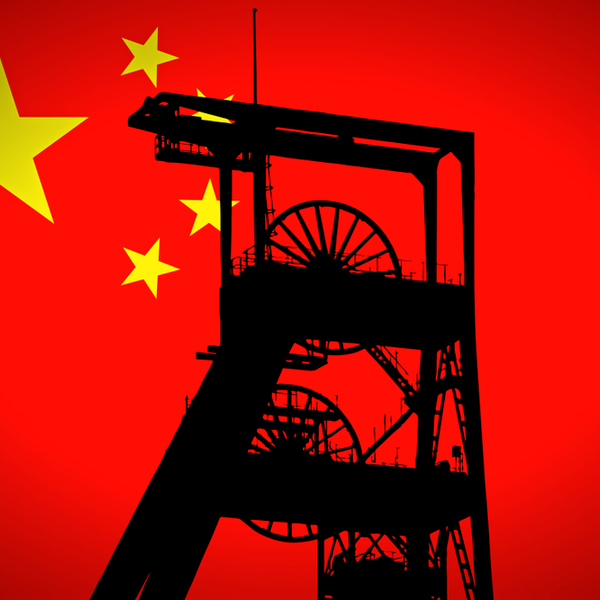
Net-zero China: millions of workers will be affected
Principal Economic Modeler, Unnada Chewpreecha, takes a look at what China’s net zero pledge means for jobs in the country.
Two weeks ago, President Xi of China announced that China intended to peak its CO2 emissions before 2030 and achieve carbon neutrality (net-zero CO2 emis…
The risks of extending the EU Emissions Trading System
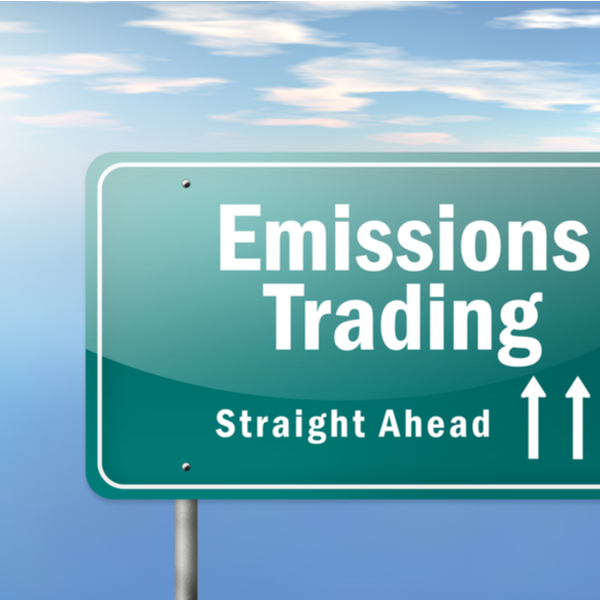
The risks of extending the EU Emissions Trading System
The European Commission is currently running a public consultation on extending the European Union’s Emissions Trading System (EU ETS) to include road transport and the heating of buildings.
Jon Stenning explores the issue, drawing on technology diffusion and macroeconomic a…
Global megatrends and how they impact climate scenario modelling
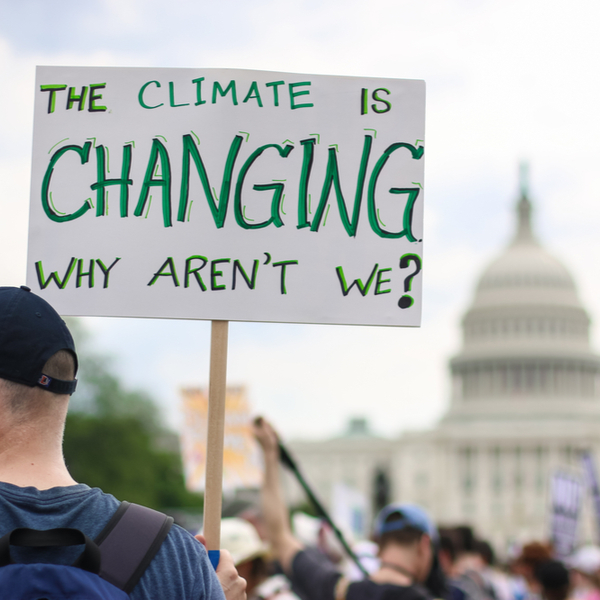
Global megatrends and how they impact climate scenario modelling
“It’s not what you don’t know that kills you, it’s what you know for sure that just ain’t true”, Mark Twain.
Economist Zsófi Kőműves on why long-term megatrends matter in the context of climate change policies.
How well can we measure the effect of low-carbon policie…
Carbon-neutral steel production: is it a possibility?
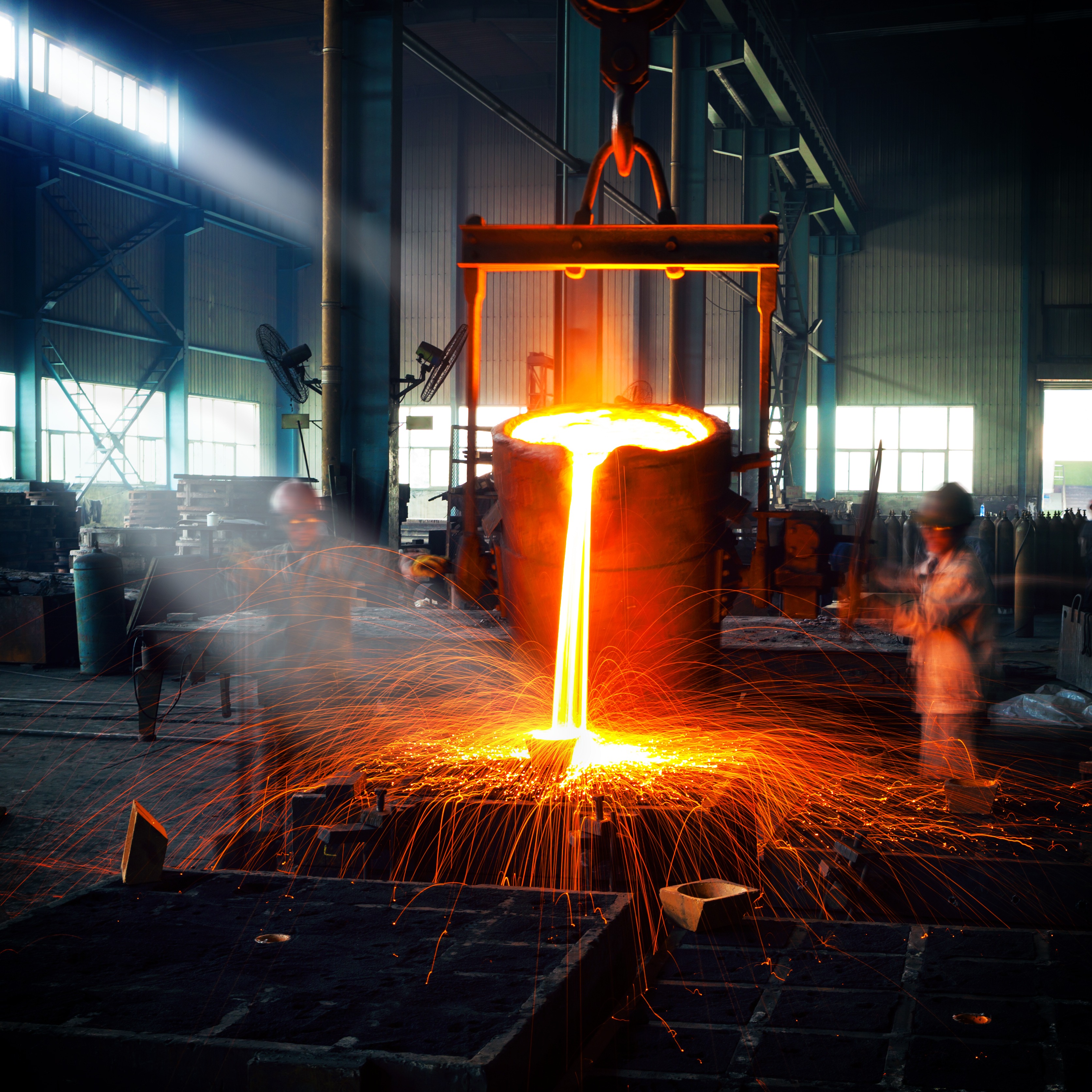
Carbon-neutral steel production: is it a possibility?
Quite literally, steel is the backbone of a modern society. Unfortunately, the production of steel contributes significantly to human-made climate change.
It is very unlikely society will cease to demand steel, so it is important to figure out how the iron and steel industry c…